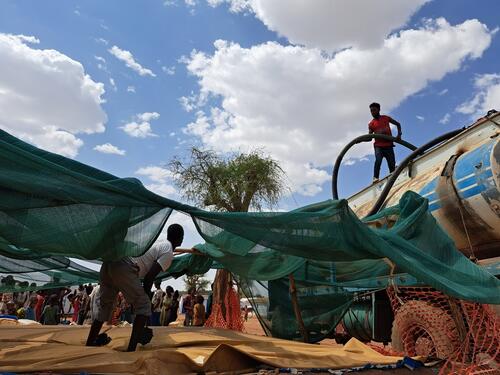We work in 10 regions of Ethiopia to deliver healthcare to people through administrative barriers and ongoing insecurity.
Brutal killing of our colleagues in Tigray, in June 2021
On 24 June 2021, our colleagues María Hernández Matas, Yohannes Halefom Reda and Tedros Gebremariam Gebremichael were killed while providing life-saving assistance to people in the Tigray region of Ethiopia. No one has claimed responsibility and the circumstances around their deaths remain unclear.
After more than one year of engagement with the Ethiopian authorities, we still do not have any credible answers on what happened to our colleagues that day. This brutal attack on three MSF staff is an acute reminder of the urgent need for all parties to provide assurances that humanitarian work can be carried out safely in Tigray and the rest of Ethiopia. We will continue to honour the memory of María, Yohannes and Tedros, and pursue accountability for their killings using all possible means and avenues.
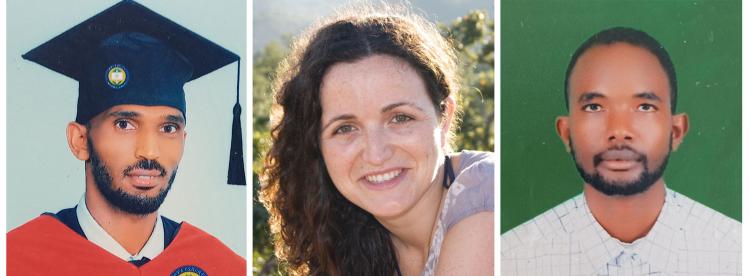
Our activities in 2023 in Ethiopia
Data and information from the International Activity Report 2023.
1,320
1,32
€41.4 M
41.4M
1984
1984
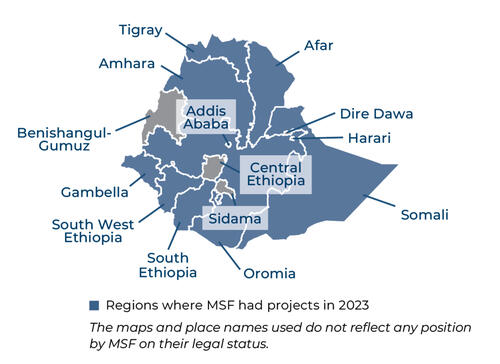

413,100
413,1
64,300
64,3
11,300
11,3

2,990
2,99
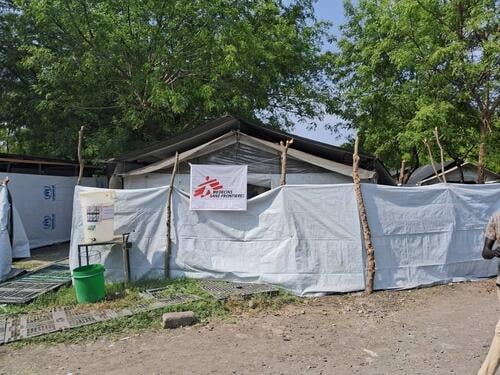
People affected by violence and cholera in South Sudan arrive exhausted in Ethiopia
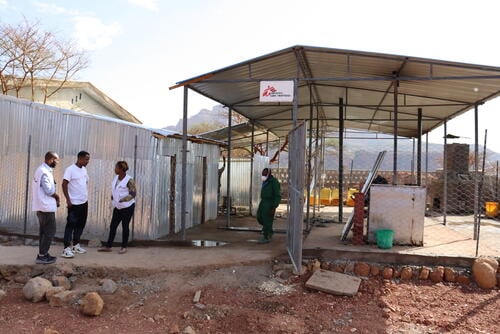
Handing over activities at Abiy Adi hospital after recovery from conflict
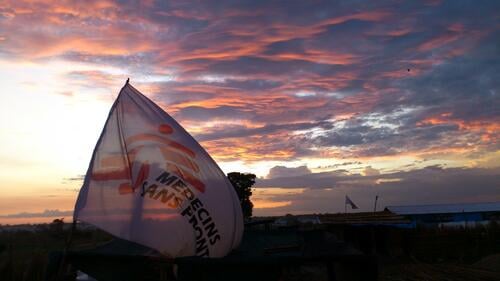
Ongoing investigation into the killings of María, Tedros and Yohannes
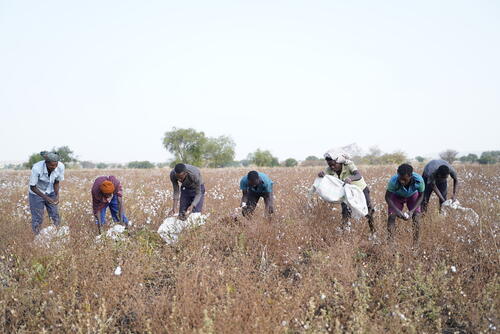
Two decades of combatting the world’s most neglected diseases
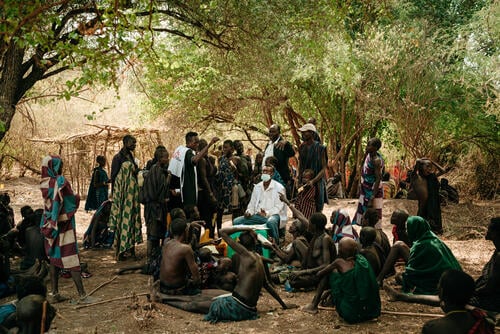
Urgent action needed to tackle cholera across Horn of Africa
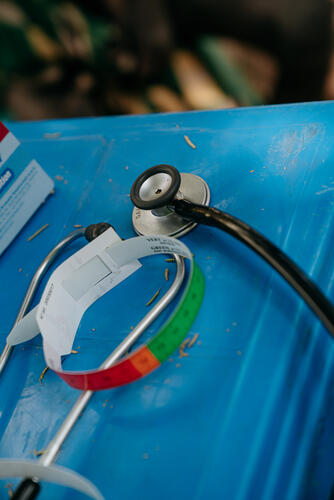
Immediate resumption of food distributions urgently needed in Ethiopia
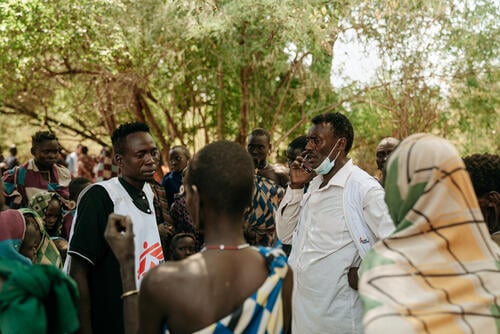
People in Omo Valley at high risk to kala azar
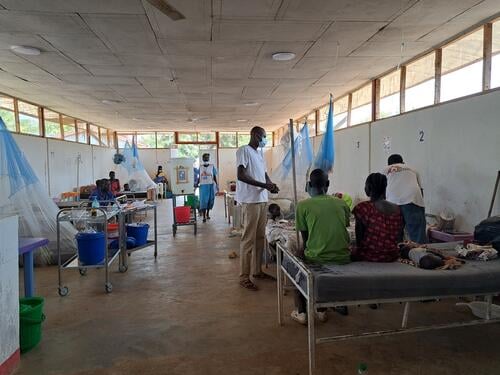
Providing medical care to people across Ethiopia




